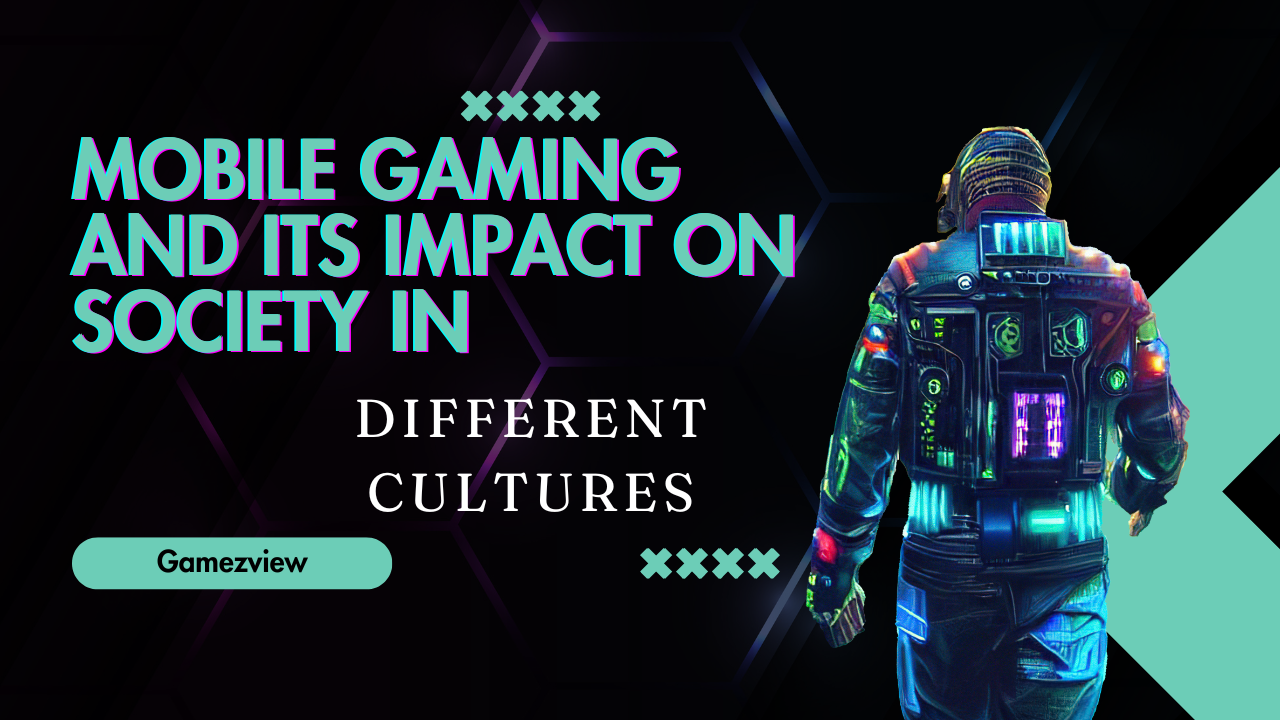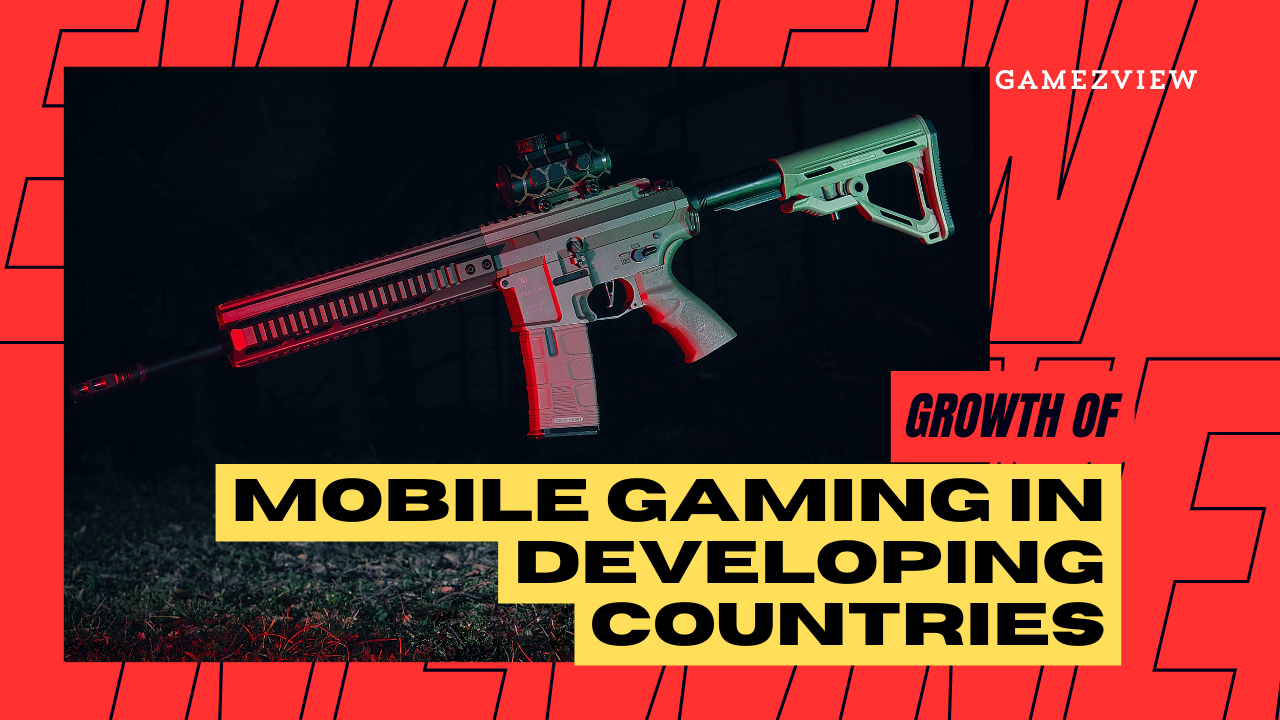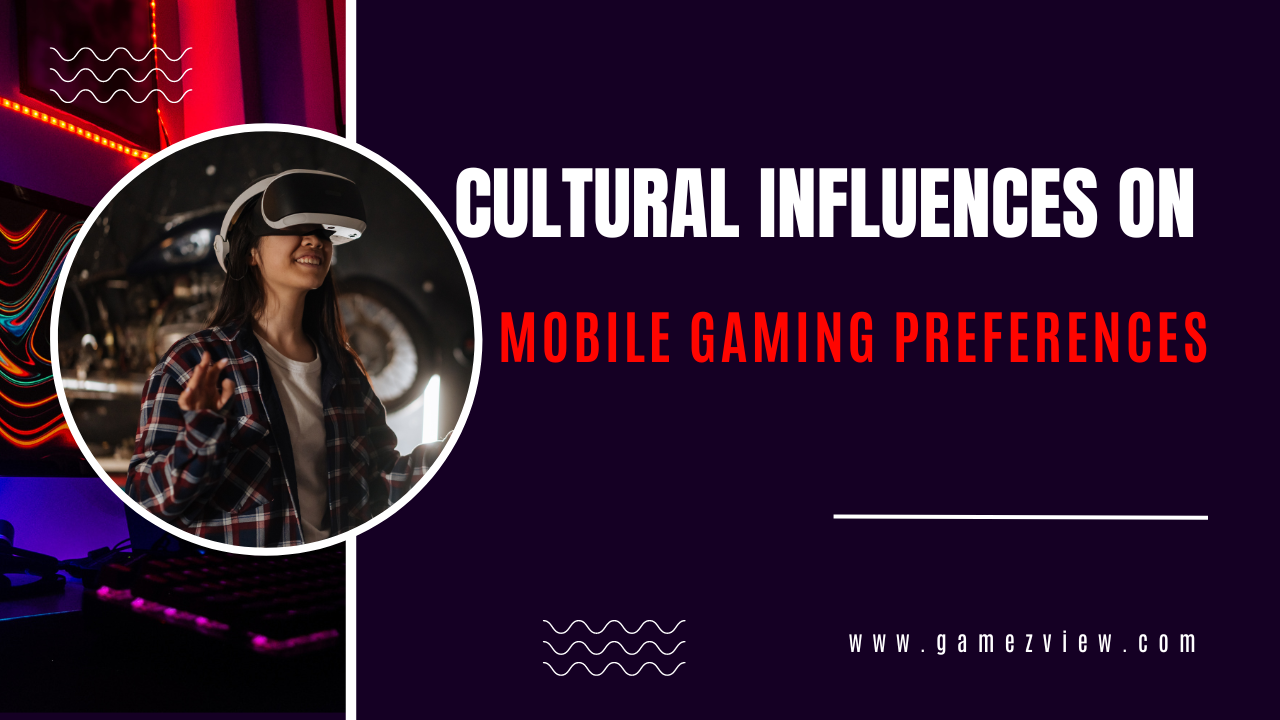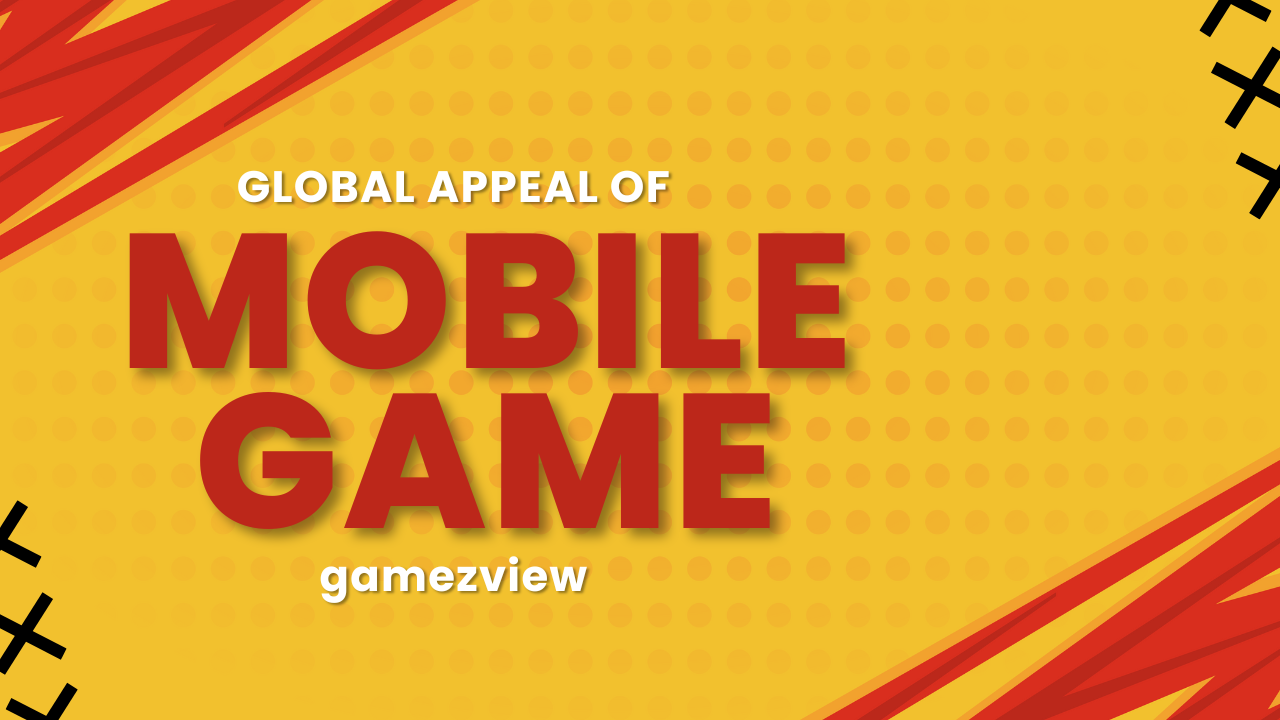Mobile gaming has become a ubiquitous aspect of modern society, transcending geographical boundaries and cultural barriers. Its influence extends beyond mere entertainment, shaping social dynamics and cultural norms in diverse communities worldwide. This article explores the multifaceted impact of mobile gaming on society, examining how it interacts with different cultures and shapes social behaviours.
The Cultural Context of Mobile Gaming
Cultural nuances significantly influence the adoption and consumption of mobile games. In some cultures, gaming is deeply ingrained in societal norms, and viewed as a form of leisure and social interaction. In contrast, other cultures may perceive gaming differently, associating it with productivity loss or negative influences on youth. Understanding these cultural perspectives is essential for grasping the broader societal implications of mobile gaming.
Social Connectivity and Community Building
Mobile gaming serves as a platform for social connectivity, fostering virtual communities where individuals from diverse backgrounds converge. Through multiplayer features and in-game communication tools, players can interact, collaborate, and form friendships regardless of geographical distances. This sense of community transcends cultural barriers, creating a shared space where individuals bond over common interests and experiences.
Cultural Representation in Gaming Content
The content of mobile games often reflects cultural themes, narratives, and aesthetics tailored to specific target audiences. Developers increasingly prioritize cultural representation, incorporating diverse characters, settings, and storylines that resonate with players from different cultural backgrounds. By embracing cultural diversity, mobile games not only cater to broader audiences but also promote inclusivity and empathy within gaming communities.
Socioeconomic Impact and Accessibility
The accessibility of mobile gaming varies across different cultures, influenced by factors such as income levels, technological infrastructure, and regulatory frameworks. In some affluent societies, smartphones and high-speed internet are ubiquitous, enabling widespread access to gaming platforms. However, in less developed regions, socioeconomic disparities may hinder access to mobile gaming, exacerbating digital divides and limiting opportunities for social interaction and entertainment.
Education and Skill Development
Mobile gaming has emerged as a tool for education and skill development, particularly in cultures where traditional educational resources are scarce. Educational games address various subjects, from mathematics and language learning to environmental awareness and social skills development. By gamifying learning experiences, mobile games engage players in interactive and immersive ways, supplementing formal education and fostering critical thinking skills.
Gender Dynamics and Cultural Norms
Gender dynamics play a significant role in shaping mobile gaming behaviours and preferences across different cultures. While gaming was historically perceived as a male-dominated activity, this stereotype is gradually shifting as more women and girls embrace gaming as a leisure pursuit. Cultural norms regarding gender roles and expectations may influence the types of games preferred by men and women, highlighting the need for inclusive and gender-sensitive game design.
Technological Innovation and Cultural Adaptation
Technological advancements in mobile gaming continually push the boundaries of innovation, offering new opportunities for cultural adaptation and creative expression. Features such as augmented reality (AR), virtual reality (VR), and location-based gaming experiences enhance immersion and realism, providing developers with innovative tools to engage diverse audiences. Cultural adaptation requires a nuanced understanding of local preferences and sensitivities, ensuring that technological innovations resonate with cultural sensibilities.
Social Impact and Ethical Considerations
As mobile gaming continues to proliferate, it is essential to consider its broader social impact and ethical implications. Excessive gaming behaviours, particularly among vulnerable populations such as children and adolescents, raise concerns about addiction, mental health, and social isolation. Developers, policymakers, and communities must collaborate to promote responsible gaming practices, address gaming-related harms, and safeguard the well-being of players across different cultural contexts.
Regulatory Frameworks and Cultural Sensitivities
Regulatory frameworks governing mobile gaming vary significantly across different cultures, reflecting diverse societal values and priorities. Some countries enforce strict regulations on gaming content and monetization practices to protect consumers and uphold cultural values. In contrast, others adopt more liberal approaches, prioritizing freedom of expression and market competitiveness. Balancing cultural sensitivities with regulatory objectives requires a nuanced understanding of local contexts and stakeholder perspectives.
Mobile gaming’s impact on society is deeply intertwined with cultural dynamics, shaping social behaviors, and cultural norms in diverse communities worldwide. By embracing cultural diversity, fostering social connectivity, and addressing ethical considerations, mobile gaming has the potential to enrich lives, bridge cultural divides, and promote global understanding. As technology evolves and cultural landscapes shift, it is essential to continue exploring the complex interplay between mobile gaming and society, striving for inclusivity, innovation, and ethical responsibility.



